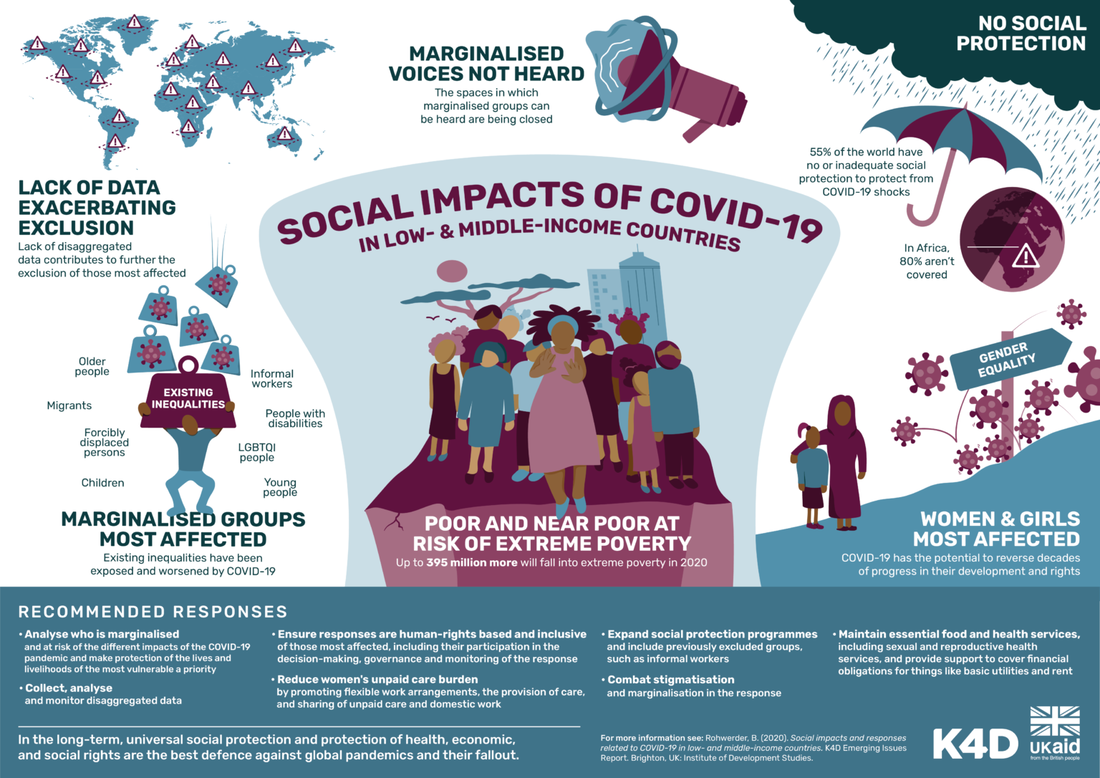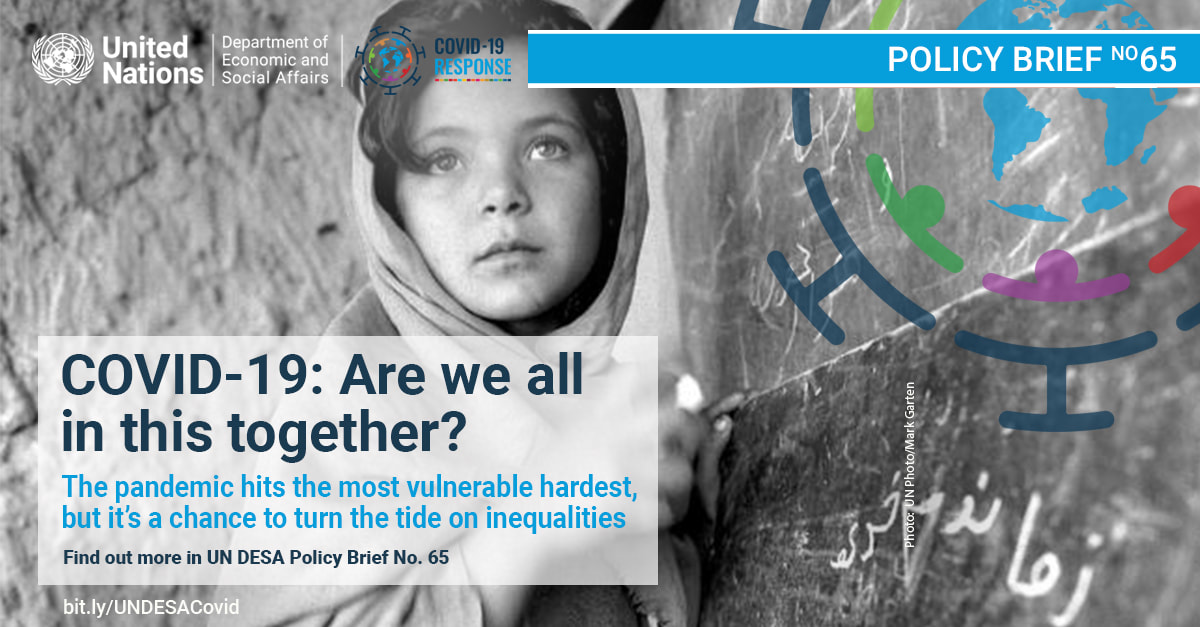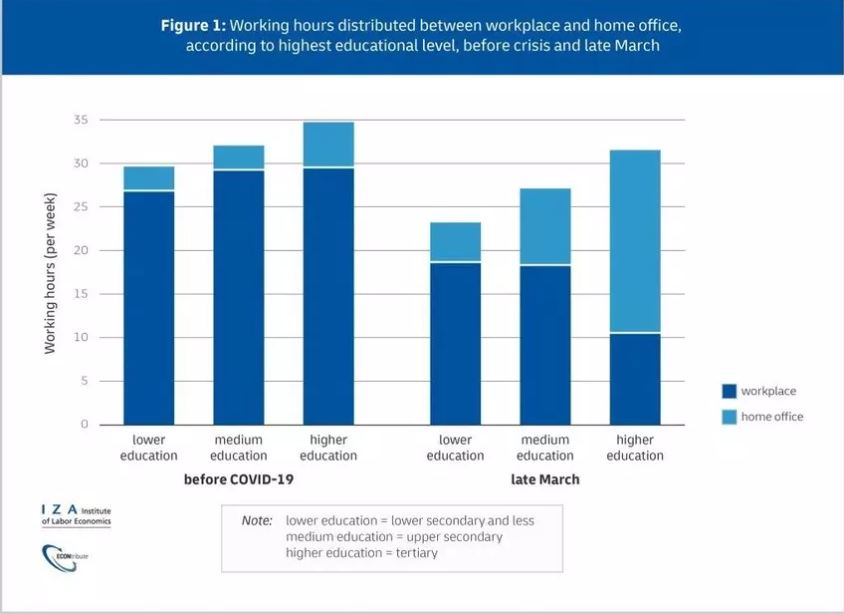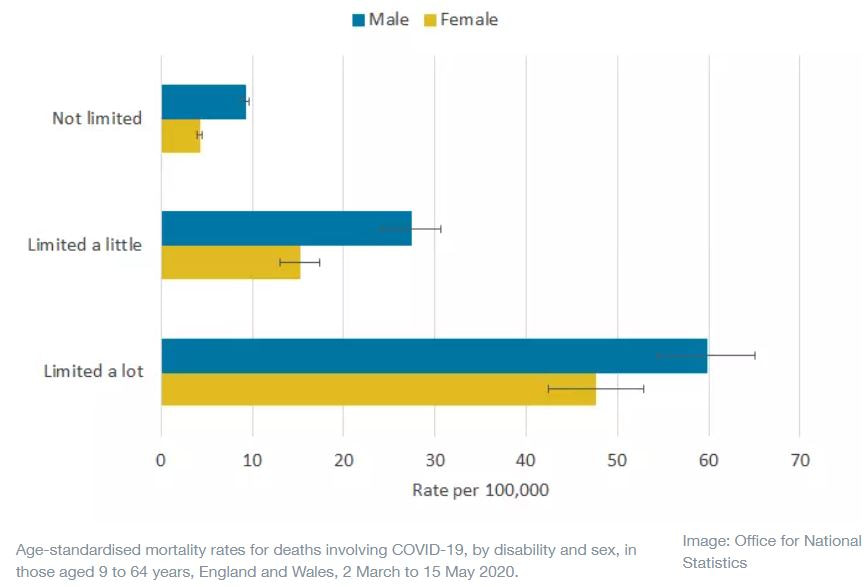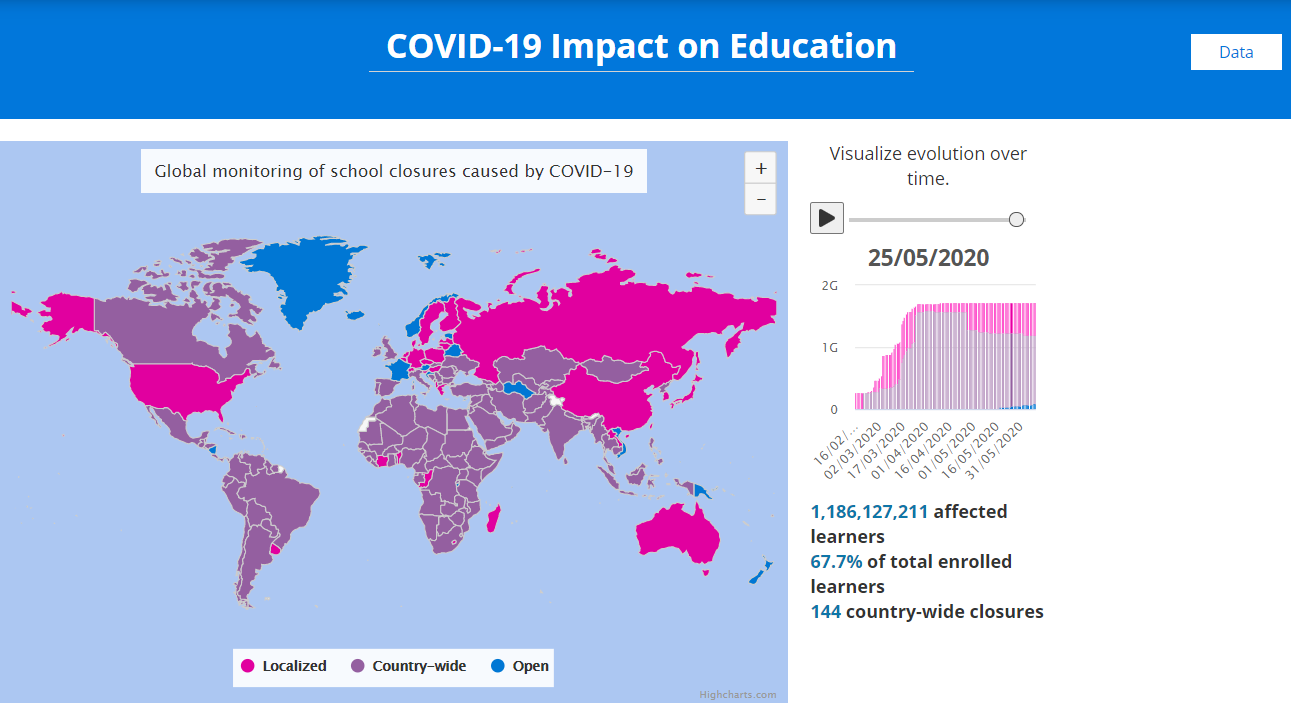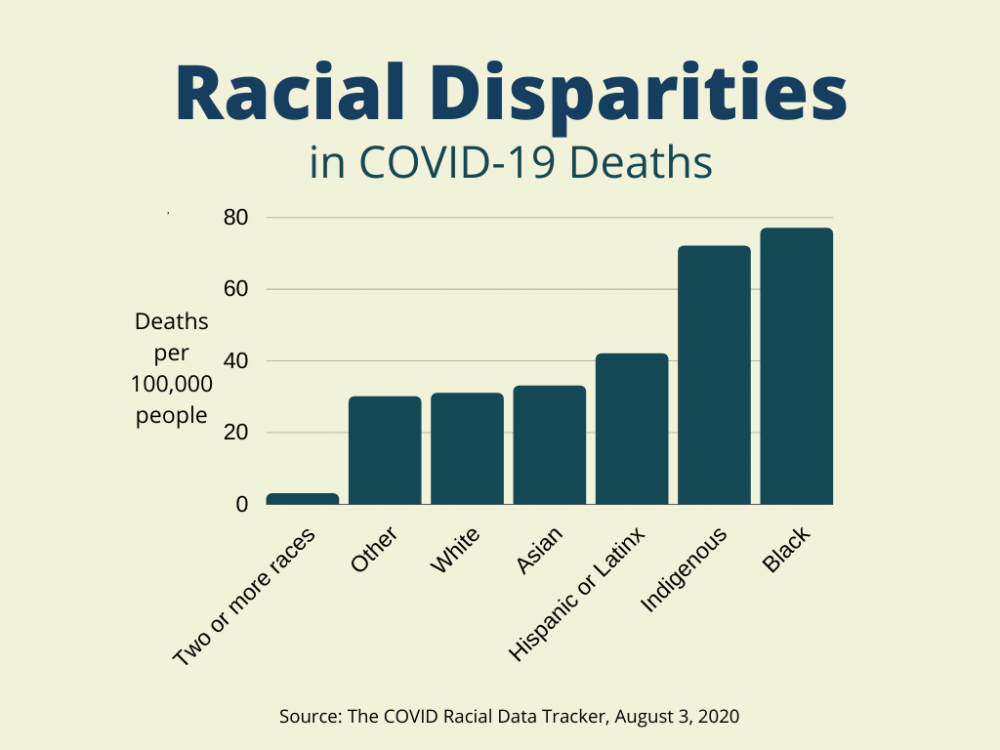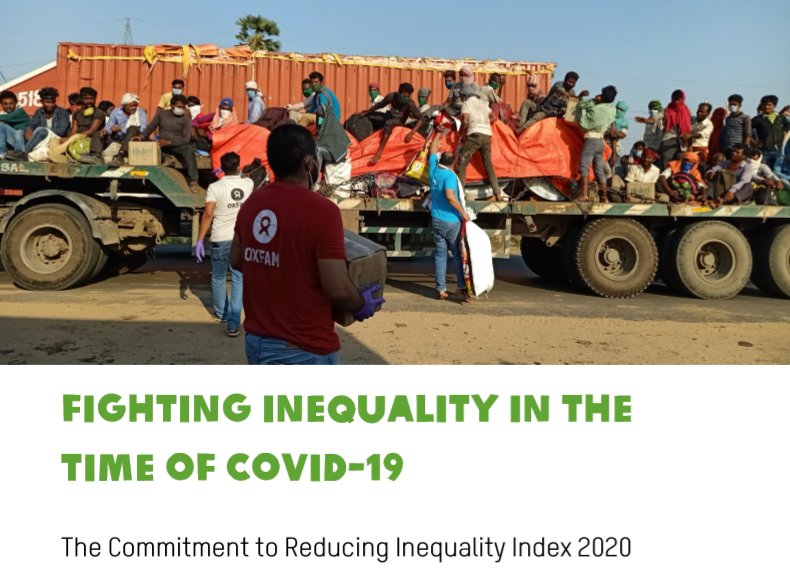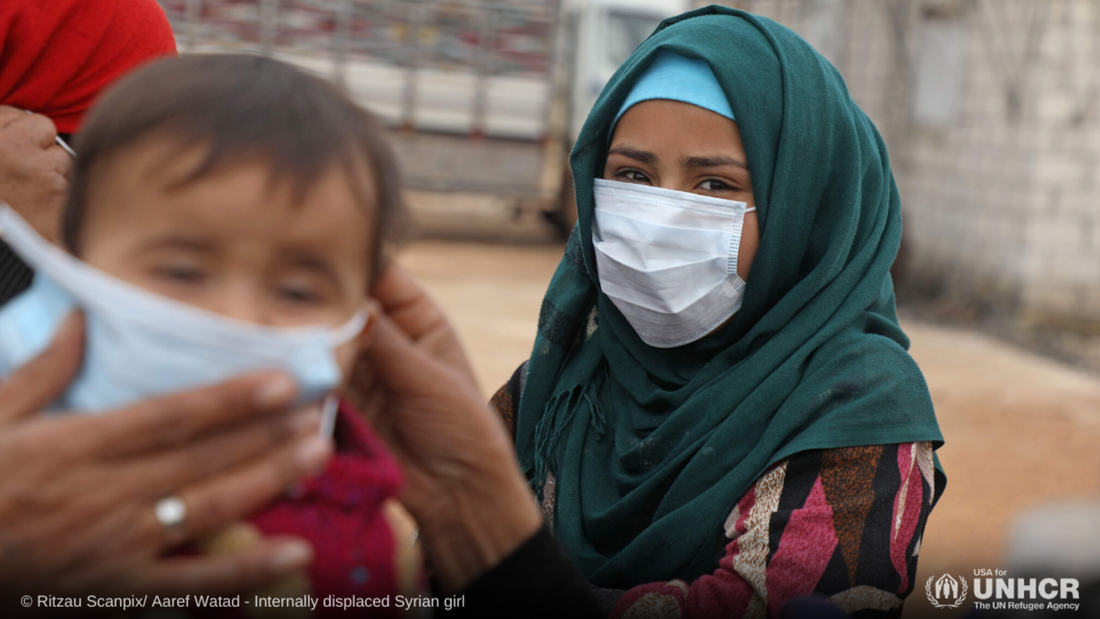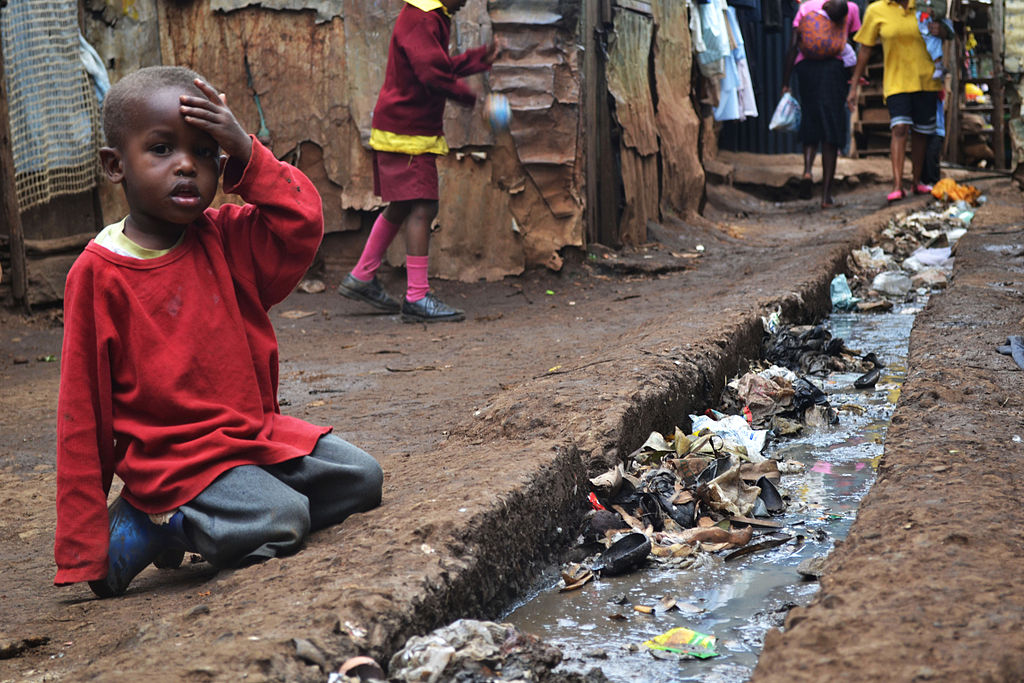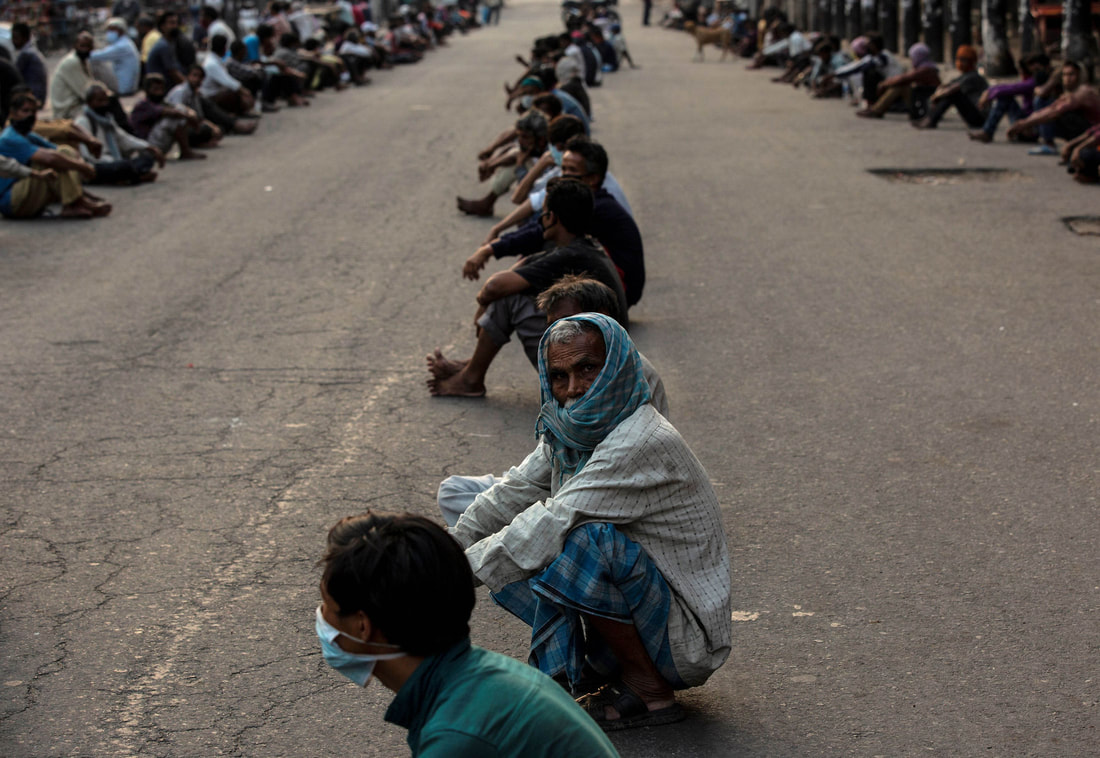05.12.2020
Five ways coronavirus is deepening global inequality
Before coronavirus, inequality was already increasing in many parts of the developing world. But the pandemic is going to greatly heighten existing economic and social inequalities. Here are five of the main ways inequality is heightening around the world.
1. Access to Healthcare, The pandemic has highlighted inequalities in access to healthcare and health outcomes for different groups. Research in Europe has shown that, even in comparatively well-developed healthcare systems, inequality in access to health services persists. A 2018 report by the European Commission (PDF) says: "the lowest income quintiles are among the most disadvantaged groups in terms of effective access to healthcare". The report highlights issues along the lines of gender, race and residence status, with women and migrants both facing particular difficulties.
2. Access to Green Space, Studies have shown the benefit of green spaces for our mental and physical health. And, with millions in various forms of lockdown, unequal access to these spaces has become a hot topic.
3. Access to The Internet, Millions of workers and school children have been sent home, forced to work remotely by lockdowns and social distancing rules. Parents with lower incomes were much more likely than those with higher incomes to say their children will face 'digital obstacles' during the pandemic.
4. Ability to Work Remotely, There's a digital divide in play for adults too - both between countries and within them. Data suggests that the share of people who work from home is closely linked to internet penetration. And, those with poor internet connections at home, even in countries with high levels of internet access, will find it hard to cope in a new virtual, video-conferencing world. As a result, lower-skilled workers are more prone to job losses or reduction in hours.
5. Accessibility, Many people with disabilities have been disproportionately affected during the pandemic.Research in the UK has shown that two-thirds of people with visual impairments feel they've become less independent since the start of lockdown. The WHO has also warned of the risks those with disabilities face during the pandemic, including an increased risk of developing severe disease. Social distancing can also be hard for these groups because of the need for additional care and support. Disruptions to essential services might also put people at risk. Credit: WORLD ECONOMIC FORUM
1. Access to Healthcare, The pandemic has highlighted inequalities in access to healthcare and health outcomes for different groups. Research in Europe has shown that, even in comparatively well-developed healthcare systems, inequality in access to health services persists. A 2018 report by the European Commission (PDF) says: "the lowest income quintiles are among the most disadvantaged groups in terms of effective access to healthcare". The report highlights issues along the lines of gender, race and residence status, with women and migrants both facing particular difficulties.
2. Access to Green Space, Studies have shown the benefit of green spaces for our mental and physical health. And, with millions in various forms of lockdown, unequal access to these spaces has become a hot topic.
3. Access to The Internet, Millions of workers and school children have been sent home, forced to work remotely by lockdowns and social distancing rules. Parents with lower incomes were much more likely than those with higher incomes to say their children will face 'digital obstacles' during the pandemic.
4. Ability to Work Remotely, There's a digital divide in play for adults too - both between countries and within them. Data suggests that the share of people who work from home is closely linked to internet penetration. And, those with poor internet connections at home, even in countries with high levels of internet access, will find it hard to cope in a new virtual, video-conferencing world. As a result, lower-skilled workers are more prone to job losses or reduction in hours.
5. Accessibility, Many people with disabilities have been disproportionately affected during the pandemic.Research in the UK has shown that two-thirds of people with visual impairments feel they've become less independent since the start of lockdown. The WHO has also warned of the risks those with disabilities face during the pandemic, including an increased risk of developing severe disease. Social distancing can also be hard for these groups because of the need for additional care and support. Disruptions to essential services might also put people at risk. Credit: WORLD ECONOMIC FORUM
Poverty deprives people of adequate education, health care and of life's most basic necessities- safe living conditions (including clean air and clean drinking water) and an adequate food supply. The developed (industrialized) countries today account for roughly 20 percent of the world's population but control about 80 percent of the world's wealth.
Poverty and pollution seem to operate in a vicious cycle that, so far, has been hard to break. Even in the developed nations, the gap between the rich and the poor is evident in their respective social and environmental conditions.
Poverty and pollution seem to operate in a vicious cycle that, so far, has been hard to break. Even in the developed nations, the gap between the rich and the poor is evident in their respective social and environmental conditions.
